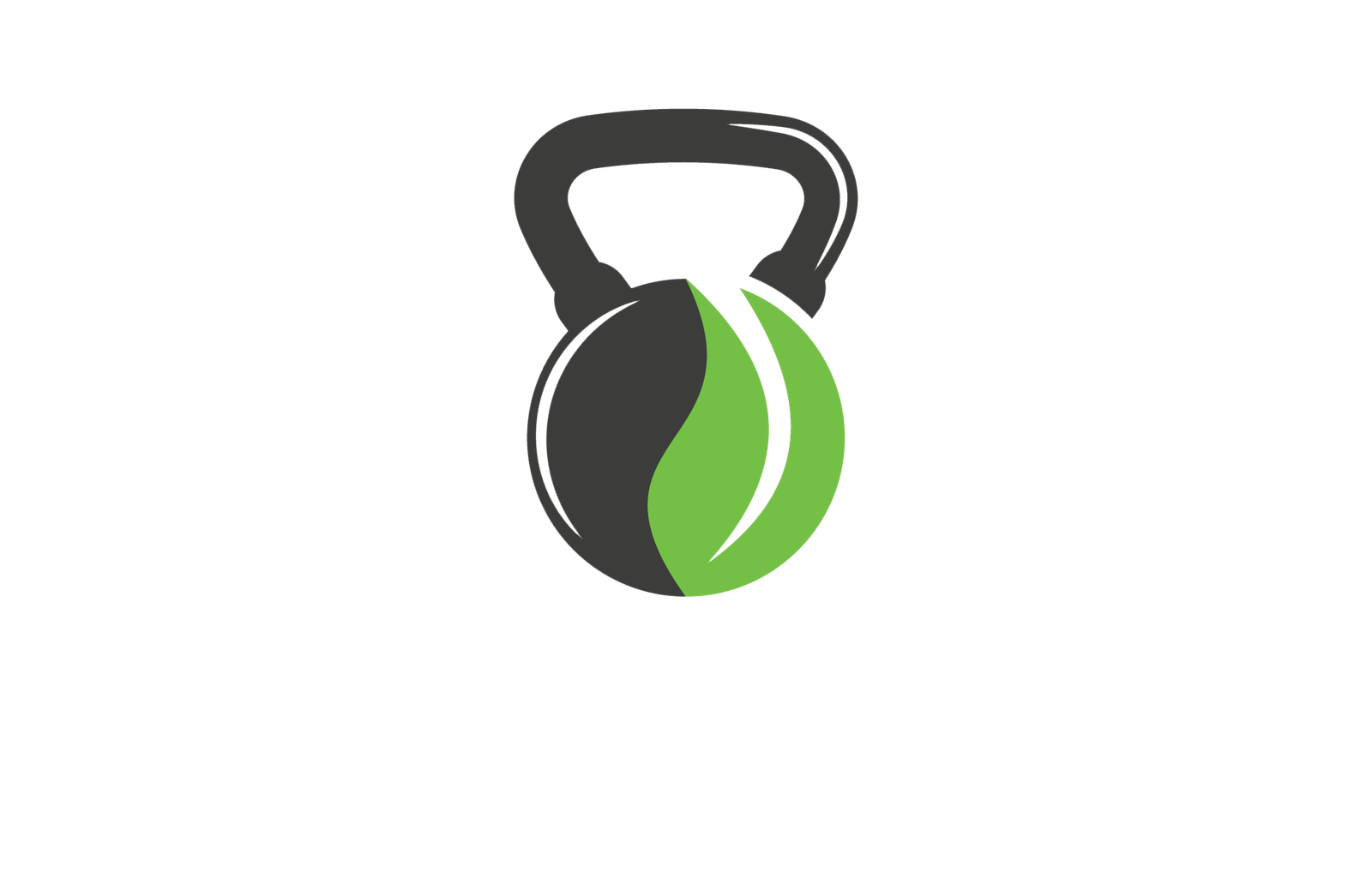Don't miss our holiday offer - 20% OFF!

Managing Fatigue to Prevent Overexertion
Boost your energy levels and avoid burnout by uncovering the strategies to prevent overexertion.
We recognize that unmanaged fatigue can quickly spiral into overexertion, leading to decreased productivity, strained relationships, and a diminished quality of life. To prevent this, we must recognize warning signs like energy crashes, mood swings, and physical symptoms. By prioritizing self-care and relaxation through mindfulness exercises, digital detox, and yoga, we can reduce stress and increase energy. Building resilience through balanced nutrition, strategic lifestyle adjustments, and stress management habits can also help. By setting boundaries, delegating tasks, and creating a sustainable routine, we can conserve energy and prioritize high-impact tasks. As we explore these strategies further, we'll uncover more ways to optimize our energy levels and prevent overexertion.
Key Takeaways
- Recognize warning signs of fatigue, including energy crashes, mood swings, and physical symptoms, to take proactive measures.
- Prioritize self-care and relaxation techniques, such as mindfulness exercises, digital detox, and yoga, to reduce stress and increase energy.
- Build resilience and energy by adopting healthy habits, including balanced nutrition, mindfulness practices, and strategic lifestyle adjustments.
- Establish clear boundaries and learn to delegate tasks to conserve energy, prioritize high-impact tasks, and minimize distractions.
- Create a sustainable routine by establishing a consistent daily routine, prioritizing self-care habits, and allowing for flexibility to accommodate unexpected tasks or changes.
Recognizing the Warning Signs
When we're exhausted, our bodies often send distress signals, and recognizing these warning signs is essential to preventing fatigue from spiraling out of control. One common indicator is energy crashes, where we suddenly feel drained and lethargic. This can occur after a period of intense physical or mental activity, and can be a sign that our bodies need rest and replenishment. Another warning sign is mood swings, which can manifest as irritability, anxiety, or emotional reactivity. When we're fatigued, our emotional regulation systems can become overwhelmed, leading to intense emotional responses to minor stimuli. Additionally, we may experience physical symptoms like headaches, muscle aches, or gastrointestinal issues. By recognizing these warning signs, we can take proactive steps to manage our fatigue and prevent further exhaustion. By paying attention to our bodies' distress signals, we can take control of our energy levels and maintain peak physical and mental well-being.
Prioritizing Self-Care and Relaxation
By acknowledging our body's distress signals, we can take the first step towards prioritizing self-care and relaxation, recognizing that our well-being depends on making time for restorative activities. This means making conscious choices to slow down and recharge, rather than pushing ourselves to the brink of exhaustion.
| Self-Care Activity | Benefits |
|---|---|
| Mindfulness exercises | Reduces stress, improves focus |
| Digital detox | Improves sleep, reduces anxiety |
| Yoga and stretching | Relaxes muscles, improves flexibility |
Building Resilience and Energy
To boost our energy and counteract fatigue, we must focus on building resilience and energy through strategic lifestyle adjustments and targeted habits. This involves adopting effective nutrition strategies that provide our bodies with the necessary fuel to function at peak performance. We should prioritize whole, nutrient-dense foods, and limit our consumption of processed and high-sugar foods that can lead to energy crashes.
In addition to a balanced diet, we must also cultivate mindfulness practices that help us manage stress and increase our energy levels. This can include activities like meditation, yoga, and deep breathing exercises that help calm our minds and reduce feelings of burnout. By incorporating these practices into our daily routines, we can improve our ability to cope with stress and bounce back from challenging situations. By building our resilience and energy, we can reduce our risk of fatigue and maintain the physical and mental stamina needed to tackle our daily tasks with confidence and enthusiasm.
Setting Boundaries and Delegating
We need to establish clear boundaries and learn to delegate tasks effectively to prevent overcommitting and maintain our newfound energy reserves. By setting realistic limits, we can avoid taking on too much and conserve our energy for high-priority tasks. One effective strategy is time blocking, where we schedule specific tasks into fixed time slots, ensuring a balance between work and rest. This approach helps us prioritize tasks, minimize distractions, and make the most of our time.
Task allocation is another essential aspect of delegating effectively. We should identify tasks that can be delegated to others, such as colleagues, subordinates, or freelancers, and allocate them accordingly. This not only reduces our workload but also develops the skills and expertise of others. By delegating tasks effectively, we can free up time and energy to focus on high-impact activities that drive results. By setting clear boundaries and delegating tasks wisely, we can maintain our energy levels, reduce stress, and achieve a better work-life balance.
Creating a Sustainable Routine
Establishing a consistent daily routine allows us to prioritize self-care habits, optimize our energy levels, and maintain a sense of control over our lives. By creating a sustainable routine, we can better manage our fatigue and prevent overexertion. One effective strategy is time blocking, which involves scheduling fixed, uninterrupted blocks of time for tasks. This approach helps us prioritize our most important activities and avoid multitasking, which can drain our energy. Another technique is habit stacking, where we build new habits onto existing ones. For example, if we already have a daily coffee habit, we can stack a new habit, such as a 10-minute morning meditation session, onto our existing routine. By doing so, we can create a sustainable routine that promotes energy conservation and reduces the risk of burnout. By incorporating time blocking and habit stacking into our daily routine, we can optimize our energy levels, increase productivity, and maintain a sense of control over our lives.
Frequently Asked Questions
Can Fatigue Be a Symptom of an Underlying Medical Condition?
We recognize that fatigue can indeed be a symptom of an underlying medical condition, such as a chronic illness or hormonal imbalance, which is why it's essential to consult a healthcare professional for proper diagnosis and treatment.
How Do I Handle Pressure From Others to Overexert Myself?
We set boundaries by prioritizing self-care, communicating our limits, and aligning our commitments with our priorities, ensuring we don't overcommit and succumb to external pressures that can lead to burnout.
Can I Overcome Fatigue With Sheer Willpower and Determination Alone?
We believe that relying solely on mind over matter and mental toughness to overcome fatigue is inadequate; while willpower can provide temporary boosts, it's insufficient to sustainably combat chronic exhaustion, which requires a holistic approach.
Are There Any Supplements or Vitamins That Can Combat Fatigue?
We explore energy-boosting supplements, considering vitamin deficiencies that exacerbate fatigue; iron, B12, and CoQ10 deficiencies are common culprits, while adaptogenic herbs like ashwagandha and rhodiola may help, but it's essential to consult a healthcare professional before adding supplements to our regimen.
Can Fatigue Affect My Mental Health and Overall Well-Being?
Like a stormy sea, our minds can be rocky when fatigue sets in, making it hard to stay afloat. We've found that fatigue can indeed affect our mental health, blurring our thinking with mental fog and eroding our emotional resilience.
Conclusion
As we wrap up our discussion on managing fatigue, we'd be remiss to assume that implementing these strategies will be a cakewalk. Some might argue, "But I'm already overwhelmed, how can I possibly prioritize self-care?" Our response: it's precisely when we feel like we can't afford to take a break that we need to. By incorporating these habits, we'll not only prevent overexertion but also boost our productivity and overall well-being. It's a worthwhile investment, and our bodies (and minds) will thank us.



